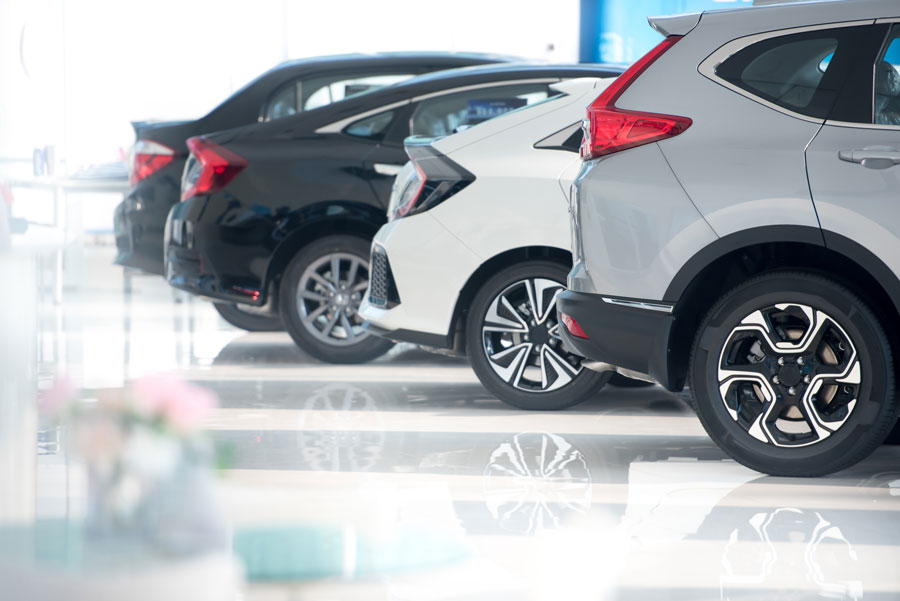New car registrations in Germany have declined sharply since the start of the coronavirus pandemic. Although there was a slight increase in 2023, the industry has still not returned to the level of five years ago. The ZDK (Central Association of the German Motor Vehicle Industry) has now made a forecast of 2.65 million new passenger car registrations in Germany in 2024, which represents another decline. The ZDK has based this prediction on the decline in incoming orders.
A look at the current figures: 2.84 million new passenger cars were registered in 2023. Although this is a 7.3 percent increase on 2022, we still haven't reached the level of five years ago: 3.61 million new cars were registered in Germany in 2019, and 3.4 million new cars were registered in 2018.
Reasons for the decline in new car purchases
Private customers remain cautious in their approach to buying cars. In addition to the coronavirus pandemic and the associated uncertainty, this is or was also due to increased raw material costs and the resulting higher vehicle prices. However, the overall increase in the cost of living will certainly contribute to the reluctance of private customers when purchasing cars.
The current transport and climate policy is creating additional uncertainty. For example, the previous environmental bonus for electric vehicles, which was intended to boost sales, expired on 18/12/23 Since 2023, only pure electric vehicles have been subsidised. Only applications submitted to BAFA (Federal Office for Economic Affairs and Export Control) by 17/12/23 are currently being processed. Some vehicle manufacturers are responding to the sudden "cut off" of the environmental bonus by covering some of the government funding for their customers. Others are trying to compensate for the removal of the environmental bonus with temporary discount promotions in an attempt to boost sales of electric vehicles.
At the same time, the current situation could have a positive impact on the used car market, which represents an affordable alternative for many consumers. But perhaps vehicle manufacturers can also encourage potential customers to buy with new models. So here's a quick look at the new vehicles planned in 2024:
What new vehicles will be launched on the market?
A clear trend can be seen here - as many of the new models are already equipped with an electric drive. Always particularly interesting for us: Which new vehicle models are coming from Asia, including many SUVs.
The Chinese manufacturer and e-car world leader BYD will be launching a compact SUV with the Seal U. ZEEKR will also be launching a new crossover with a range of up to 400 km in the form of the ZEEKR X. We will see the new Polestar 3 from Polestar, the first SUV from the Chinese brand with a range of 610 km. The SUV Omoda 5 is planned by Chinese car manufacturer Chery as a combustion, hybrid and electric car.
Kia plans to launch a luxury SUV with the EV9. Hyundai will be launching the SANTA FE, an SUV that will also be available as a plug-in hybrid. Let's take a look at Japan: The Mazda CX-80, also a SUV, is set to appear as a plug-in hybrid, as well as diesel and petrol models. Mitsubishi will be launching the Outlander, but only as a plug-in hybrid with an electric range of 60 km. Subaru will be introducing a compact crossover with the Crosstrek. At Toyota, the C-HR is planned as an economical hybrid, among other things, along with the Land Cruiser off-road vehicle, which will only be available as diesel.

